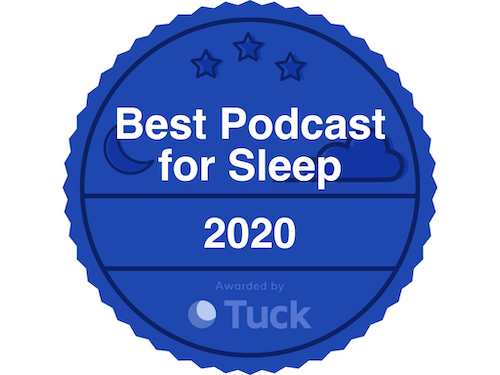We have avoided anything but the most cursory mention of the pandemic on our podcast. One reason was I wanted to be sure that if we did give it some attention that what we said was accurate. Parents have enough problems understanding guidance from health care professionals to have us add confusion at sleep time.
The other reason being that despite this being a health issue, with little leadership at the national level and a seemingly general distrust of health care professionals (not to mention people protesting for their inability to get a haircut), it’s yet another entirely politically charged topic in the US, where a large percentage of our audience lies.
But when Vince mentioned that his partner wrote a book entitled, The CoronaVillain vs The Stay at Home Kid, I thought this was a great way to kick-off our renewed focus on locally authored stories while providing a way for kids to gain some understanding of the issues. They described the books as follows:
The evil CoronaVillain is using the world’s concerts and parties and hugs and kisses against them! Someone needs to buy some time so that the Council of WHO can finish their secret weapon. This sounds like a job for The Stay at Home Kid and his gang. When the world needs heroes, you can count on them.
This fun book is a great way to help kids understand some of the concepts influencing their daily lives: disease, social distancing, hand washing, and the World Health Organization.
If parents are finding it challenging talking to kids about what’s happening in the world, this book provides a great foundation and some laughs along the way.
My sound treatment of the story was perhaps a bit on the scary side, but we decided to go ahead with it as is, and though we want to provide a safe experience for all, hoped that parents could decide whether it was too intense for their kids.
We get lots of critical feedback from our listeners, I read it all, and make changes where we can. But this one comment from a listener is indicative of what I had hoped to avoid:
We loved these stories until recently when I put on the Corona vs the stay at home kid … why are you supporting and even mentioning the corrupt and incompetent World Health Organization in a children’s bedtime story?
I’m not sure how to respond to that, so I think I won’t respond at all.
Listen to The CoronaVillain vs The Stay at Home Kid on Overcast.
Since then we have also released, with permission from Nosy Crow Ltd., Coronavirus: A Book For Children 🦠.



